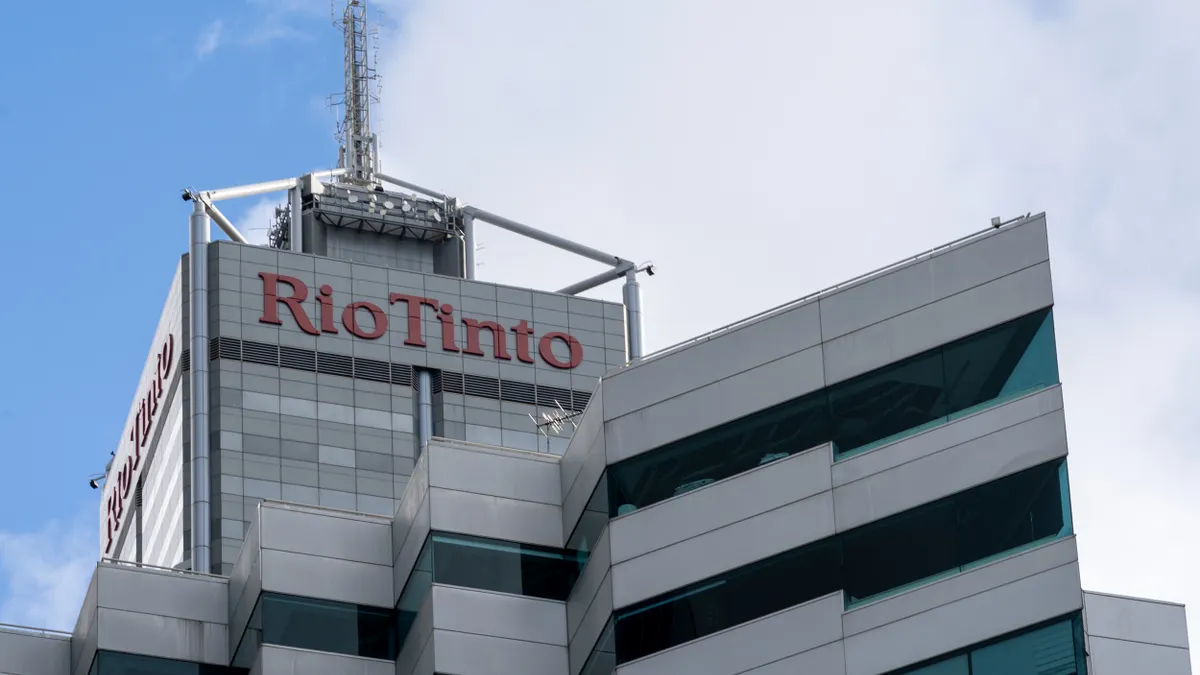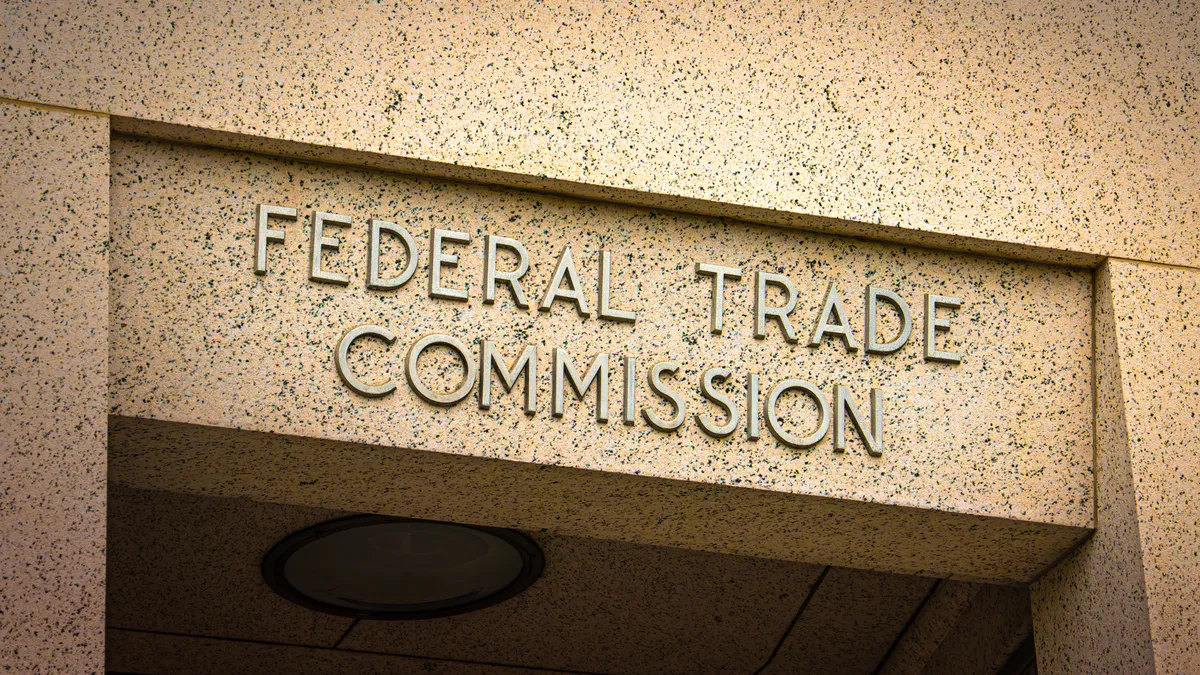The Securities and Exchange Commission settled fraud charges against HeadSpin without penalizing the software company, saying it took aggressive action to repay harmed investors after it learned its founder was inflating the company’s annual recurring revenue (ARR) and other metrics.
"For companies wondering what types of remedial actions and cooperation might be credited by the Commission after a company uncovers fraud, this case offers an excellent example," Gurbir Grewal, the SEC’s enforcement chief, said in a statement.
The company, which provides software and hardware to businesses for testing their mobile apps, learned through a tip in early 2020 that its founder and then-CEO, Manish Lachwani, appeared to be inflating ARR and broader revenue numbers, and supported some of the numbers with falsified contracts and invoices.
“He sometimes sent [the bookkeeper] fake or altered invoices that he had created, including … three fictional invoices related to [key customers],” the SEC said in its complaint.
In advance of a Series B round it was gearing up for in late 2018, Lachwani prepared a slide deck using inflated ARR and other numbers to support a company valuation of $500 million, and then a year later, when preparing for a Series C round, the deck supported a valuation of $1.1 billion. The Series B generated $20 million and the Series C, $60 million.
ARR spreadsheet
Despite recommendations from the board, the company never hired a CFO. Lachwani, working with a bookkeeper, managed many of the functions that would normally be done by a finance chief, including maintaining a spreadsheet tracking ARR.
Lachwani, the SEC said, “had sole ownership of the ARR spreadsheet and used it to personally calculate the company’s quarterly and yearly ARR.”
One company that Lachwani said was contributing $1 million a year in ARR actually paid only $500,000 over two years. Another company that Lachwani said was committed to $1.44 million a year in ARR only made a single purchase of $720,000.
ARR is considered one of the most important performance measures for a software-as-a-service (SaaS) company like HeadSpin because of what it says about market adoption of its offerings.
A company with growing ARR can attract investor interest by showing it has an expanding base of customers committed to paying for the offerings on a recurring basis.
Decisive action
Once it learned of Lachwani’s potential fraud, the board acted quickly and decisively, the SEC said.
It launched an investigation in early 2020 and on the basis of a financial analysis determined the company’s ARR for 2019 was closer to $10 million rather than the $80 million Lachwani was telling investors. The company then lowered its estimated valuation from $1.1 billion to $300 million and returned about 70% of principal to investors in its Series B and C rounds through a recapitalization process.
In addition, it offered to return the remaining funds in the form of promissory notes with 1% interest. Approximately 31 investors chose to retain their HeadSpin stock instead of exchanging for promissory notes.
The company’s remedial efforts also involved hiring new senior management, including a CEO to replace Lachwani, who was asked to resign in early 2020, a COO, a general counsel and a controller. It also expanded its board and adopted processes intended to ensure transparency and accuracy in deal reporting and revenues.
"HeadSpin’s remediation and cooperation included not just its internal investigation and revised valuation, but also repaying harmed investors and improving its governance — all of which were factors that counseled against the imposition of a penalty in this case,” the SEC’s Grewal said.
The internal review was led by former Google executive Nikesh Arora, the company’s board chair, and Karim Faris, general partner of GV, one of the company’s shareholders. GV is the investing arm of Google parent Alphabet.
Arora and Faris, through a special board committee, hired KPMG to review financial statements beginning in 2018 through the second quarter of 2020, and brought in a forensic accounting firm, Guidepost Solutions, to investigate whether some of the company's transactions were irregular.
The SEC has filed a separate case against Lachwani in the U.S. District Court for the Northern District of California. That case is pending.





















